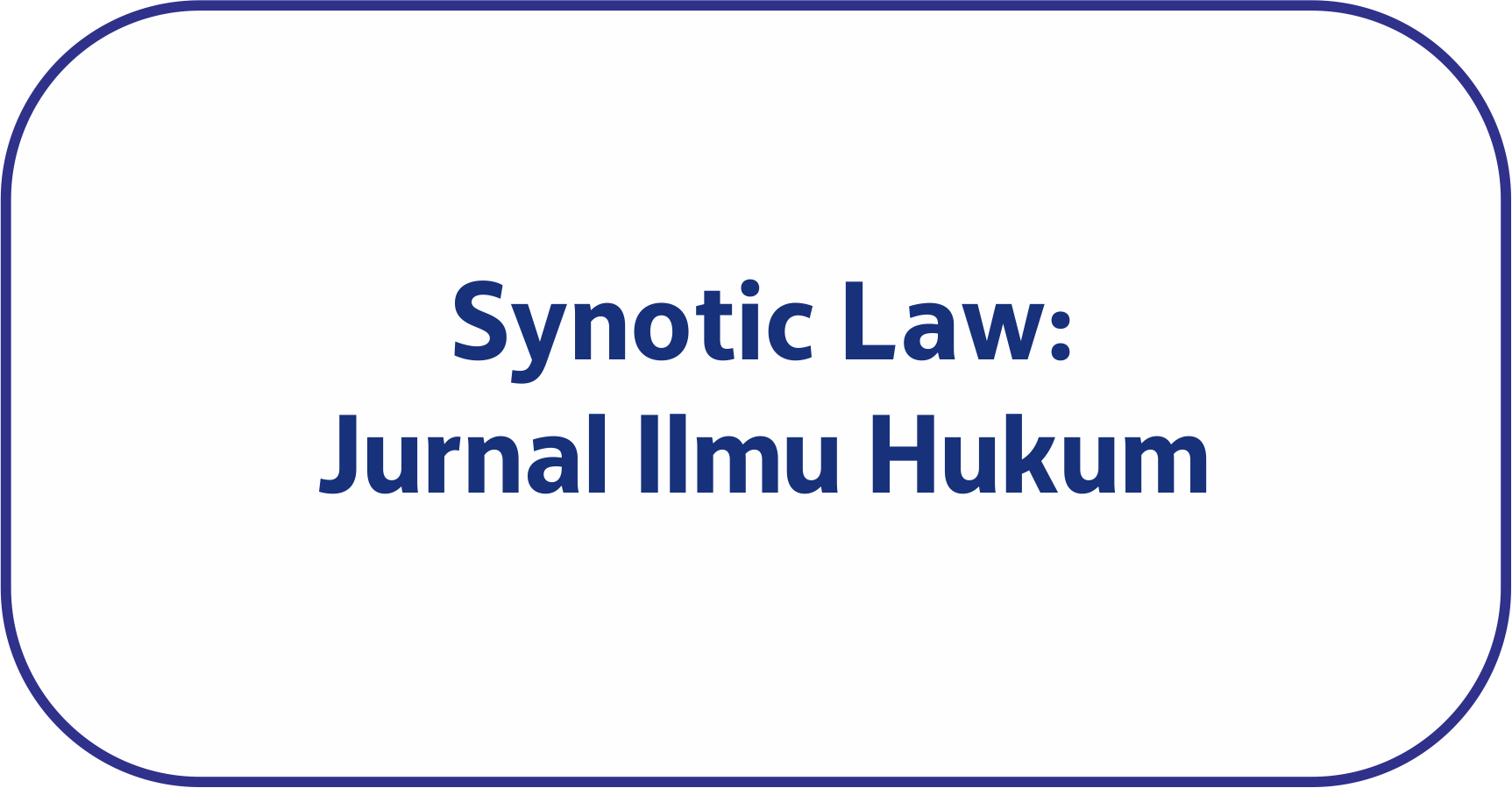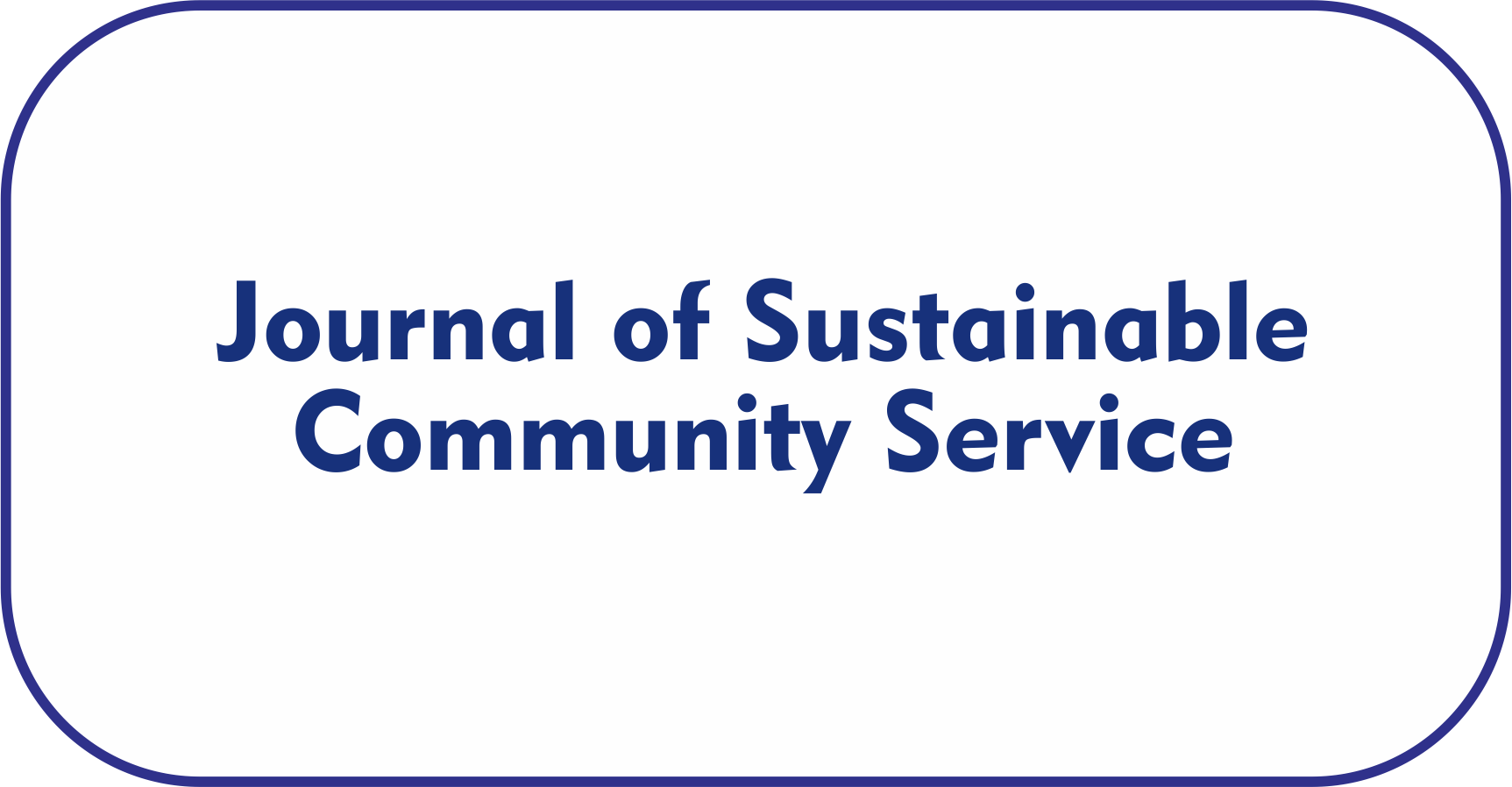INFLUENCE OF FINANCIAL KNOWLEDGE AND RELIGIOSITY TOWARDS FINANCIAL MANAGEMENT BEHAVIOR WITH FINANCIAL ATTITUDE AS A MODERATION VARIABLE
Main Article Content
Fadia Zen
Achmad Murdiono*
Lulu Nurul Istanti
Indonesia is one of the countries with a primarily small and medium-sized enterprise (SME) based economy. Cooperatives are a vital component of Indonesia's economic landscape, and their development is not limited to conventional cooperatives initiated by the community. It also extends to cooperative groups associated with Islamic boarding schools. These boarding schools serve not only as religious and social education institutions but also as agents of societal development and social change. Despite their potential for economic empowerment, the progress of cooperative boarding schools tends to be slower compared to conventional cooperatives. This research aims to examine the influence of financial knowledge and religiosity on financial management behavior, with financial attitude as a moderating variable. The study employs a quantitative approach and targets Kopontren administrators in the Regency of Blitar, using Confirmatory Factor Analysis (CFA) tests and the Structural Equation Modeling (SEM) method. The research findings indicate that financial attitude and religiosity have an impact, with financial attitude serving as a moderator in the relationship between financial knowledge and financial management behavior. However, religiosity does not have a significant influence on financial management behavior. The results of this research are expected to provide a foundation for developing a model of financial management behavior for Kopontren administrators and government initiatives aimed at empowering Kopontren institutions.
Ajzen, Icek, & Fishbein, Martin. (2000). Attitudes and the Attitude-Behavior Relation: Reasoned and Automatic Processes. European Review of Social Psychology, 11(1), 1–33. https://doi.org/10.1080/14792779943000116
Al Balushi, Yasmeen, Locke, Stuart, & Boulanouar, Zakaria. (2018). Islamic financial decision-making among SMEs in the Sultanate of Oman: An adaption of the theory of planned behaviour. Journal of Behavioral and Experimental Finance, 20, 30–38.
Asrifah, Yeni Nur, & Rapini, Titi. (2022). Pengaruh Pengetahuan Investasi, Kemampuan Finansial, Lingkungan Keluarga terhadap Minat Investasi Mahasiswa. Jurnal Ecodemica: Jurnal Ekonomi Manajemen Dan Bisnis, 6(2), 281–292.
Ayranci, Evren. (2011). Effects of top Turkish managers’ emotional and spiritual intelligences on their organizations’ financial performance. Business Intelligence Journal, 4(1), 9–36.
Bapat, Dhananjay. (2020). Antecedents to responsible financial management behavior among young adults: moderating role of financial risk tolerance. International Journal of Bank Marketing, 38(5), 1177–1194.
CHONG, Kok Fei, SABRI, Mohamad Fazli, MAGLI, Amirah Shazana, ABD RAHIM, Husniyah, MOKHTAR, Nuradibah, & OTHMAN, Mohd Amim. (2021). The effects of financial literacy, self-efficacy and self-coping on financial behavior of emerging adults. The Journal of Asian Finance, Economics and Business, 8(3), 905–915.
Endi, Angjelina Christi, Fanggidae, Rolland, & Ndoen, Wehelmina M. (2022). Religiosity and Spirituality in the Financial Behavior of Credit Cooperative Members. Journal of Health and Behavioral Science, 4(4), 602–609.
Gultom, Selfi Afriani, & Safrida, Eli. (2020). Analisis pengaruh fraud diamond dan gone theory terhadap academic fraud (studi kasus mahasiswa akuntansi se sumatera utara). EKSIS, 9(3), 113–124.
Hardani, Hardani, Andriani, Helmina, Fardani, Roushandy Asri, Ustiawaty, Jumari, Utami, Evi Fatmi, Sukmana, Dhika Juliana, & Istiqomah, Ria Rahmatul. (2020). Metode penelitian kualitatif & kuantitatif. Yogyakarta: Pustaka Ilmu, 162.
Iriani, Agustina Rosa, Rahayu, Caecilia Wahyu Estining, & Rahmawati, Christina Heti Tri. (2021). The influence of demographic factors and financial literacy on the financial behavior. Jurnal Kajian Manajemen Bisnis, 10(1), 33–45.
Kim, Kyoung Tae, Anderson, Somer G., & Seay, Martin C. (2019). Financial knowledge and short-term and long-term financial behaviors of millennials in the United States. Journal of Family and Economic Issues, 40, 194–208.
Lianto, Rizky, & Megawati Elizabeth, Sri. (2017). Analisis pengaruh financial attitude, financial knowledge, income terhadap financial behavior di kalangan ibu rumah tangga Palembang (studi kasus Kecamatan Ilir Timur I).
Lusardi, Annamaria, & Mitchell, Olivia S. (2011). Financial literacy around the world: an overview. Journal of Pension Economics & Finance, 10(4), 497–508.
Mansour, Walid, & Jlassi, Mouna. (2014). The effect of religion on financial and investing decisions. Investor Behavior: The Psychology of Financial Planning and Investing, 135–151.
Mokhlis, Safiek. (2009). Relevancy and measurement of religiosity in consumer behavior research. International Business Research, 2(3), 75–84.
Parmitasari, Rika Dwi Ayu, Alwi, Zulfahmi, & Sunarti, Sunarti. (2018). Pengaruh kecerdasan spritual dan gaya hidup hedonisme terhadap manajemen keuangan pribadi mahasiswa perguruan tinggi negeri di Kota Makassar. Jurnal Minds: Manajemen Ide Dan Inspirasi, 5(2), 147–162.
Rahayu, Yayuk Sri, & Wardana, Guntur Kusuma. (2021). The Effect of financial performance and dividend policy on cumulative abnormal return. EL DINAR: Jurnal Keuangan Dan Perbankan Syariah, 9(1), 62–76.
Sarstedt, Marko, Ringle, Christian M., & Hair, Joseph F. (2021). Partial least squares structural equation modeling. In Handbook of market research (pp. 587–632). Springer.
Silvy, Meliza, & Yulianti, Norma. (2013). Sikap pengelola keuangan dan perilaku perencanaan investasi keluarga di Surabaya. Journal of Business & Banking, 3(1), 57–68.
Sina, Peter Garlans, & Noya, Andris. (2012). Pengaruh kecerdasan spiritual terhadap pengelolaan keuangan pribadi. Jurnal Manajemen Maranatha, 11(2).
Sugiyono, Sugiyono. (2019). Metodologi Penelitian Kualitatif Kuantitatif Dan R&D. Bandung: Cv. Alfabeta.
Yuliana, Indah. (2019). Mampukah kecerdasan spiritual memoderasi hubungan faktor demografi dalam mengelola keuangan pribadi mahasiswa? Jurnal Bisnis Dan Manajemen, 9(2), 225–234.











































